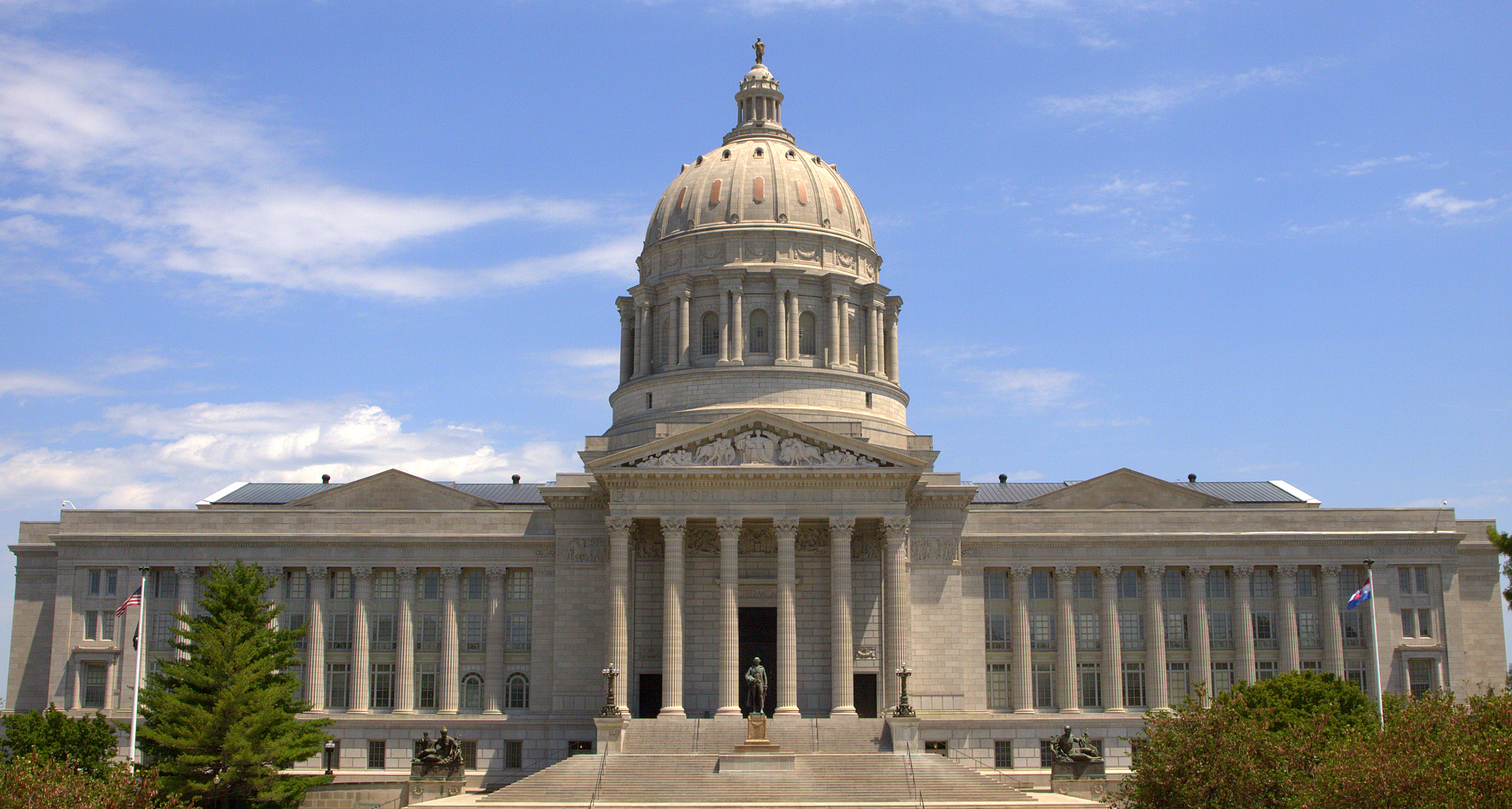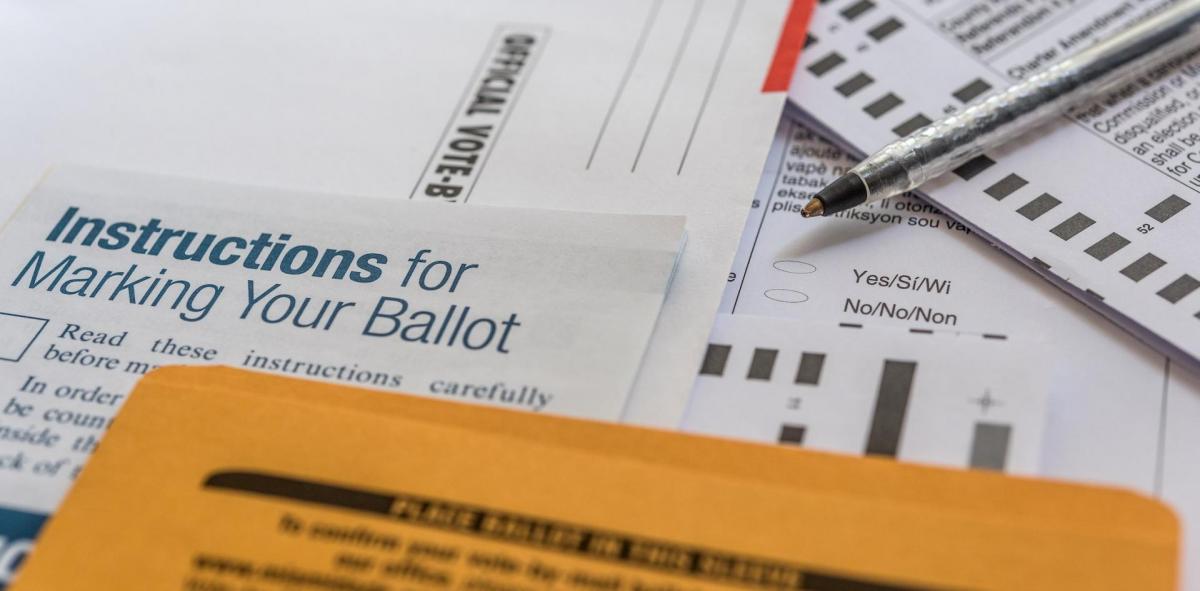Tag: ballot initiatives
-
Two ballot initiatives certified for 2025—lowest since 2019

Sponsors filed 109 ballot initiatives in three states for 2025 statewide ballots with two ultimately certified in Maine—tying 2019 with the fewest number of ballot initiatives certified since at least 2011. In 2019, sponsors filed 107 ballot initiatives, the fewest number filed between 2011 and 2025. The average number filed for odd-numbered election years was…
-
Missouri governor signs law repealing provisions of 2024 paid sick leave and minimum wage ballot initiative

Missouri Gov. Mike Kehoe (R) signed House Bill 567 (HB 567) on July 10, repealing provisions of Proposition A, which voters approved in 2024. HB 567 repealed the paid sick leave requirements and the provision that tied future minimum wage increases to inflation. Proposition A is an initiated state statute that was approved by nearly…
-
Michigan voters have decided 319 ballot measures since 1880

Ballotpedia completed an inventory of all Michigan ballot measures since 1880. Between 1880 and 2024, Michigan voters decided on 319 ballot measures. Of these, 165 measures (51.7%) were approved and 154 (48.3%) were defeated. In Michigan, measures can be placed on the ballot through the state legislature, as well as through the citizen-initiated process. The…
-
Nevada voters to decide on 2026 ballot initiative allowing public school teacher strikes

Nevada voters will decide on a ballot initiative in 2026 to exempt school teachers and certain other school employees from the state law prohibiting public employee strikes. The initiative, if approved by voters, would change Nevada state law to allow public school teachers, and other education personnel, to strike. In 1969, Nevada passed legislation making…
-
Federal judge declares Oregon cannabis union law unconstitutional, overturning the 2024 ballot measure

Oregon Measure 119, which was approved by voters in November 2024, was overturned by a federal judge on May 20, 2025. District Judge Michael H. Simon issued an opinion holding that the ballot measure violates the U.S. Constitution and the National Labor Relations Act (NLRA) by limiting employers’ right to free speech. Measure 119, which…
-
Ballot measures certification update: Seven new measures for 2025 in CO and TX; six new measures certified in five states for 2026

The number of certified statewide ballot measures for both 2025 and 2026 is trending above average compared to previous election cycles as of May 13. 2025 ballot measures For 2025, 15 statewide ballot measures have been certified in six states—Colorado, Louisiana, Ohio, Texas, Washington, and Wisconsin. This is seven more than the average of eight…
-
Texas voters in largest cities to decide 42 local ballot measures on May 3

Ballotpedia is covering 42 ballot measures in nine counties in Texas on May 3. All 42 ballot measures were referred to the ballot by a vote of a local governing board, such as a county board or city council. This is an increase in ballot measures compared to the previous even-year May election in Texas…
-
Update on state ballot measures certifications — six measures certified for 2026, and Washington Legislature refers measure for Nov. 2025 ballot

The number of certified statewide ballot measures for both 2025 and 2026 is trending above average compared to previous election cycles as of April 15. 2025 ballot measures For 2025, seven statewide ballot measures have been certified in four states—Louisiana, Ohio, Washington, and Wisconsin. This is one more than the average of six certified measures…
-
North Dakota legislature refers amendment to 2026 ballot amending term limits for state legislators approved by voters in 2022

North Dakota voters will decide in Nov. 2026 whether or not to change term limits for state legislators. Under the amendment, legislators could serve four complete four-year terms (about 16 years) in the state legislature regardless of chamber. Partial terms would not count toward the limit. It would also repeal the provision of the 2022…
-
Court strikes down Washington Initiative 2066, related to natural gas, as violating state's single-subject rule; ruling will be appealed to state supreme court

Washington Initiative 2066, approved on Nov. 5, 2024, was struck down on March 21 as violating the state constitution’s single-subject rule. A single-subject rule is a state law that requires ballot initiatives to address a single subject, topic, or issue. Judge Sandra Widlan wrote, “... the body of the initiative is so broad and free…

